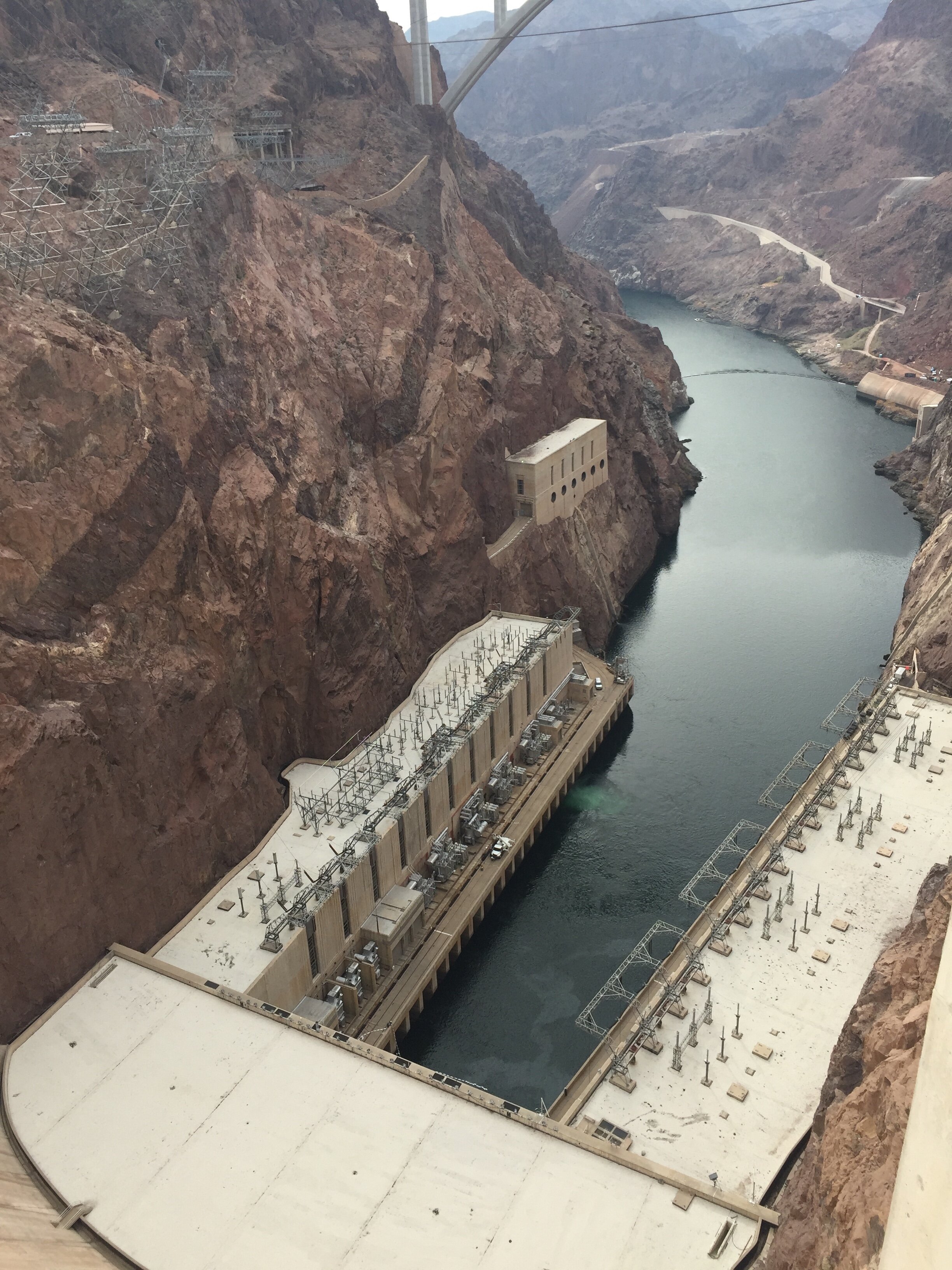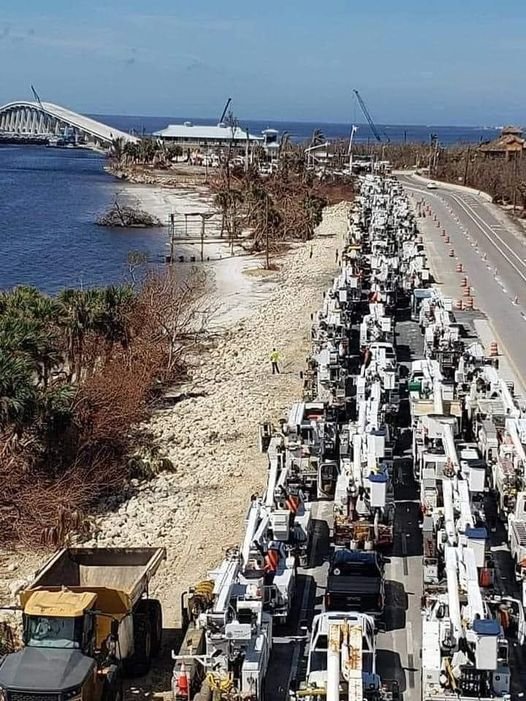
Management Strategies
How can your electric co-op or utility develop a well-trained and informed Board of Directors?
Major decisions in an electric cooperative or utility should be implemented by the approval of the Board of Directors (or City Council). The power and utilities industry is complex and may be unfamiliar to newer board members. This raises an important question: How can the board be effective and understand the business well enough to make informed and strategic decisions?
The Innovative Auditor or Controller
Whether you’re an auditor, accountant, or looking to move up in your career, success isn’t just about knowing the numbers—it’s about staying curious, adapting to change, and always looking for ways to add value. What is the path to success?
Outsourced training can jumpstart your team’s knowledge
Staying up to date on not only accounting standards, but on industry best practices helps to build a strong accounting team. A strong team is a foundation for an organization to make long-term goals and a road-map to get to those goals. If your organization does not have in-house trainers, seeking outsourced training can keep your accounting team current, add to their career skills, and add value to your co-op or utility.
Assessing and Mitigating Risk in Utilities: Applying Enterprise Risk Management Techniques
Utilities face a complex web of financial, operational, and regulatory risks that are magnified by rapid technological change, aging infrastructure, and heightened stakeholder expectations. A disciplined approach to Enterprise Risk Management (ERM) enables utility leaders to identify, assess, and mitigate these risks before they affect reliability, safety, or financial performance.
Climbing the Energy Ladder: What Employees Need to Stand Out
Utilities and electric cooperatives operate much like other major organizations. In larger operations, there are often clear career paths that allow employees to grow, take on new responsibilities, and move into leadership roles. To advance, it’s important to stand out and consistently deliver value to the organization.
Microreactors: Small in Size, Big in Potential
Microreactors—compact nuclear power units typically generating 10 - 50 megawatts of thermal energy—are quickly becoming one of the most exciting developments in clean energy. Designed to be modular, mobile, and self-regulating, these small-scale reactors offer a flexible and carbon-free solution for a wide range of energy needs.
Top 5 Ways to Ensure a Successful ERP Implementation — and How to Choose the Right Implementation Partner
Enterprise Resource Planning (ERP) systems are essential to utility operations, supporting process efficiency, regulatory compliance, and financial transparency. But ERP implementation is complex and high-stakes. Here are five key strategies for success
Unveiling the insights: Using industry specific online training will equip your team
Staying up to date on not only accounting standards, but on industry best practices helps to build a strong accounting team. A strong team is a foundation for an organization to make long-term goals and a road-map to get to those goals. Online training can be a tool used to train your team in the latest accounting standards and industry best practices. While you may have a Learning Management System (LMS) to train the bulk of your company, having industry specific classes can provide great value to your team and organization.
FERC CIP Audits 2023 - Best Practices in Cyber Readiness
The Federal Energy Regulatory Commission (FERC) Division of Audit and Accounting (DAA) conducts audits in many areas to support the needs of the Commission. A recent FERC publication details the results of FERC Critical Infrastructure Protection (CIP) audits of several U.S.-based North American Reliability Corporation (NERC) registered entities. This report gives insights into best practices to measure your system’s CIP readiness.
5 ways to improve your utility’s bond rating
Managing a debt rating is a key obligation of the utility Chief Financial Officer. Debt is part of the utility business. Utilities build long-term infrastructure, with a useful life of 30-40 years to serve customers and finance that infrastructure with long term debt. Customers pay for debt service on that debt thought their rates, charged for current use of the system.
Develop Key Performance Indicators
Key Performance Indicators (KPI’s) are measures used to set baseline performance implement improved performance strategies on those baselines.
The measurement ability makes KPIs a management tool for setting priorities and measuring progress in implementing strategy.
Developing and implementing strategy initiatives includes setting goals, measuring progress, making mid-course adjustments, and evaluating success.
Enterprise Risk Management Made Simple: A Lite Approach for Your Utility
Just because your utility or electric coop is small or mid-sized does not mean you cannot have a formal enterprise risk management (ERM) “lite” program. An ERM program merely formalizes things you do as a regular part of business and places a robust protocol around mitigating risk and documenting the approach.
Build your budget from the ground up with zero based budgeting
Zero-based budgeting (ZBB) is a budgeting method that starts from a "zero base," requiring every expense to be justified from scratch, regardless of past budgets. The goal is to allocate resources efficiently and identify cost-saving opportunities.
Employee Evaluations-Giving Effective Feedback, Helping with Career Goals
No matter your background, if you are in charge of employees, your job description includes giving employee evaluations, providing feedback, and helping employees develop their career goals. How do you balance the needs of the business with employee needs? What about remote work? Let’s explore some areas.
Would an “Enterprise Risk Management Lite” approach work in your co-op or utility?
Using an “ERM lite” program is an approach that any organization can use, whether you are a staff of one or twenty. The lite approach has many elements of a more formal program. Here are some insights into the elements that go into a program that can be a unique fit and help you sleep at night by planning for potential events. The lite approach, in many cases, puts a more formal touch on things you are doing already.
Electric Industry 101, Your 5-minute Guide to the Electric Business
In this Electric Industry 101 guide to the business we'll give you a quick overview of the electric industry, i.e. how it’s organized, oversight, and, most importantly, how electricity gets to your home and business. If you are new to the electric industry, you’ll soon see that it is like any other manufacturing business, except that the manufactured product is invisible.
Trying to Increase Electric Rates but Your Board Says “No”? Here Are Options
If your electric utility board will not increase rates timely, then what areas of the budget can be adjusted without impacting reliability? A rate increase voted down opens the door for "Plan B", the fallback plan. But, what is the fallback plan? This article discusses some Plan B approaches to save your utility’s budget and maintain reliable service.
Hurricane Ian and Sanibel Island Power Grid Rebuild - An insider’s view of electric co-op and utility mutual aid
One of the beauties of the power and utilities industry is the eagerness to help fellow co-ops and utilities in times of need. Restoring power to customers is built into the utility psyche, which translates into the willingness to travel across the country or state to assist in restoration efforts. This is called mutual aid.
Hurricane Ian destroyed the power infrastructure on Sanibel Island in September, 2022. This article is a first hand account of the damage and rebuild of the electric transmission and distribution system.
Strategies for operating your co-op or utility in a high-interest rate and high inflation environment
We are now in the midst of an economic period we have not seen since the 1970s and early 1980s. Interest rates are moving higher for the foreseeable future, inflation is at a level not seen in 40 years, and economic growth is slowing. This was called "stagflation" in the '70s and '80s.
The point of this article is to discuss how this economic environment impacts management issues at power and utilities organizations. We'll touch on the large areas for consideration. There are not always straightforward answers in these areas, but many points for consideration.
Electric Cooperative Financial Strategies - Cash Reserves and Patronage Capital Policies
Electric cooperative financial strategies include operating cash flows, cash reserves, debt, and customer equity investments in the co-op, which are called patronage capital. What is patronage capital, and how can your cooperative establish a financial strategy that has a long-term balance of cash reserves, debt, and member equity. We discuss proven policies.





















